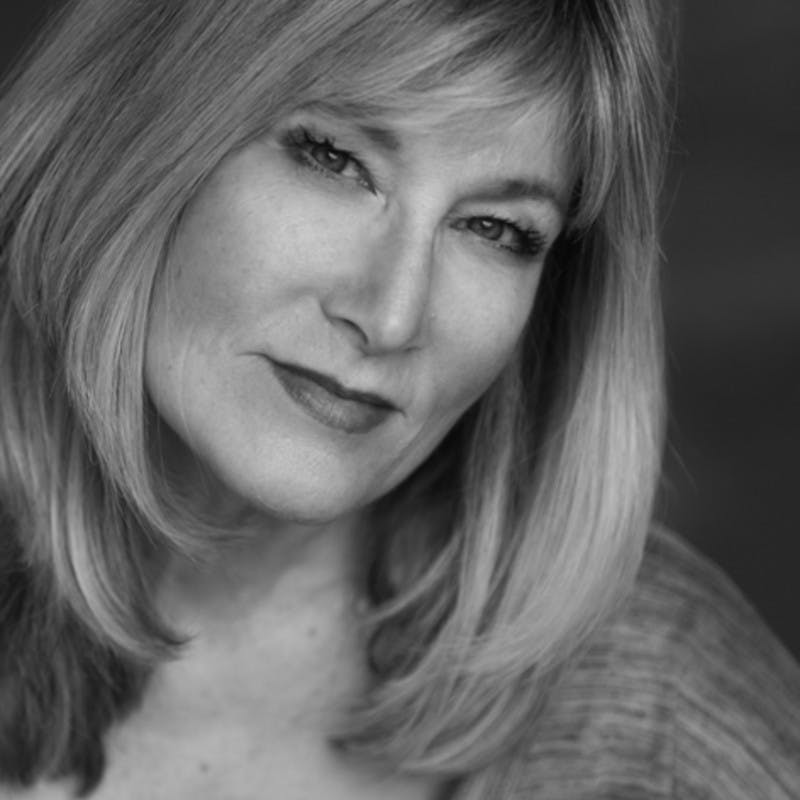We are delighted to announce that after 5 years, IVACON is back in person! Our exclusive week-long conference is tailored for singing teachers just like you.…
Let’s talk about how style affects vocal balance. First of all, what is "vocal balance"?
Vocal balance is an even, seamless ability to go from low to high—or from chest voice to head voice—negotiating easily through the passages of the voice with the larynx sitting in a relaxed posture. Vocal balance usually results in more "finished" qualities in the voice, including vibrato, a rounder tone vs. way too edgy or nasal, and a strong, solid sound vs. really breathy or too pressed.
Examples of a singer moving in the right direction could include a rock singer who uses mix rather than only chest, or a classical singer who has chest in their voice vs. none at all. Riffing, if appropriate, can also show flexibility and ease in singing.
Some singers have vocal balance early on, but they can lose it as they get further into their careers. Tough touring schedules, high demands from their producers, or just not knowing how to do what they used to do can cause singers to lose vocal balance. This can happen to singers who have a natural ability and are very gifted, yet they never learned the mechanics of how they achieved vocal balance or how to maintain it.
Various styles can pull a singer off of perfect balance. A pop singer might employ a more weighty sound (more chest dominance) while a classical singer will sing with a "head dominant" (less chesty) sound. These tendencies are OK for the style because singers need to be believable within the genre they are singing. They might be tilted a little more toward the chest side or the head side, and yet they must be able to retain some "balance."
The fact is we might find that perfect vocal balance gets boring after a while. We don't want everyone to sound alike! We also want to be able to use expressive qualities that let our emotions come through. But we have to know what vocal balance is so we don't stray so far from it that we lose our way and can’t find our way back to healthy singing!
Of course there are good singers of a particular style that can really 'sell' a song, and we might think: That sounds really cool! You can "sell" a song well without having perfect vocal balance. Here are some examples:
- Joe Cocker, Kurt Cobain - weighty and raspy
- Janis Joplin - really raspy
- Robin Thicke - falsetto and breathy
- Adele - chesty, and sometimes pressed phonation
These singers would probably have much better endurance and longevity without relying so much on vocal effects, which can get in the way of maintaining vocal health and longevity!
For this reason, singers who show some consistency and skill in terms of vocal balance will tend to have the longest careers.
Related Articles
Singing Teachers Summit
A free, online summit for music educators
As a worldwide leader in vocal education, we're excited to host a Singing Teachers Summit on January 20th and 21st, 2024. This free, online event features a fantastic lineup of guest lecturers to offer insight on a wide range of…
Stepping Out of Your Comfort Zone with Stephanie Borm-Krüger How Performing Under Pressure Helps Unlock Your Creativity Do any of your students dream of performing on a TV show like The Voice or one of the Idols singing competitions? Then they’ll want to…








